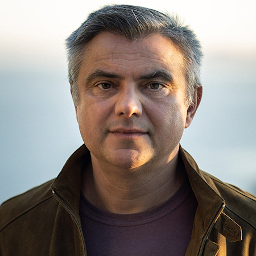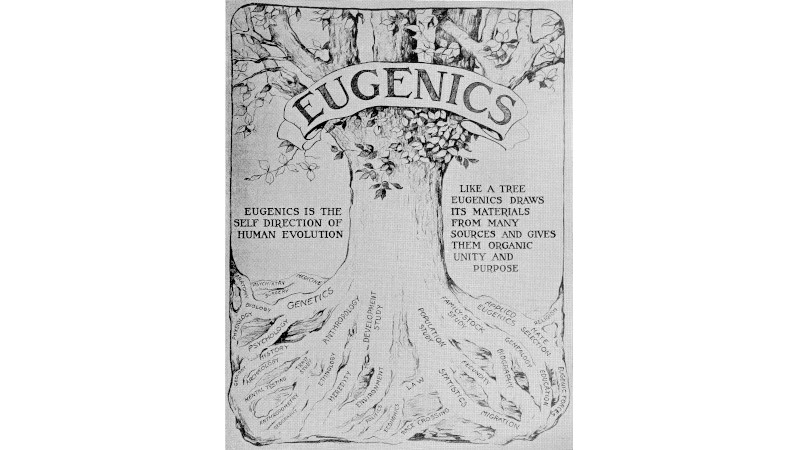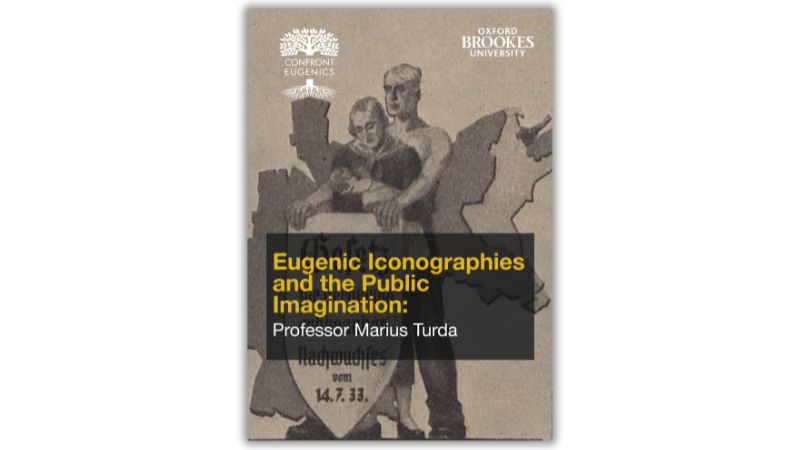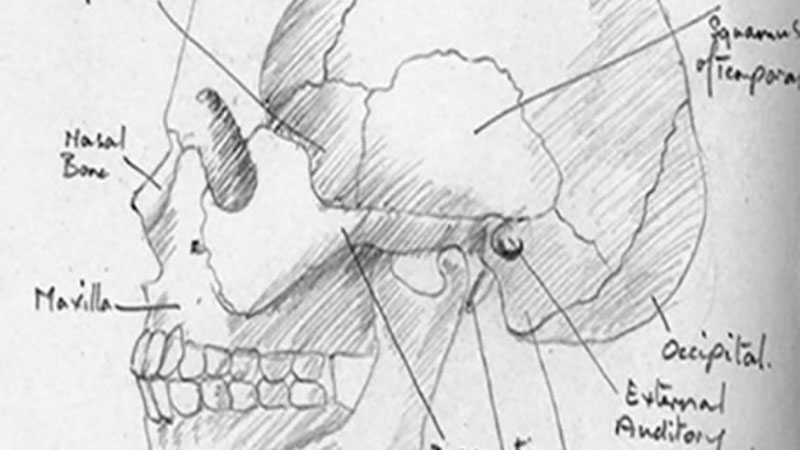Professor Marius Turda explores the history and impact of the eugenics movement. He delves into the origins of eugenics, its rise to prominence, and its influence on social and health policies worldwide. The work highlights the visual and public iconographies used to promote eugenic ideologies, examining their role in shaping societal attitudes and reinforcing discriminatory practices. Through this digital exhibition, the text invites reflection on the legacy of eugenics and its ongoing implications in contemporary debates about genetics and human rights.
Centre for Medical Humanities (CMH)
Director(s): Professor Marius Turda
Contact: mturda@brookes.ac.uk +44 (0)18653698
About us
The Centre for Medical Humanities (CMH) was established in late 2014/early 2015.
First and foremost, it aims to promote world-leading interdisciplinary research and actively engage with new academic and non-academic audiences.
Second, it strives to encourage a fresh collaborative partnership across the Faculty of Humanities and Social Sciences and the University more broadly.
Third, it brings together historians of medicine and scholars with interests in medical humanities from History, Philosophy, Social and Life Sciences as well as Anthropology and Religion. Finally, it seeks to explore new opportunities for extending its current academic network and establish new ones.
CMH also hosts the Working Group on the History of Race and Eugenics, established in 2006, and it provides editorship for the CEU Studies in the History of Medicine, established in 2011.
Professor Turda curates the public history project on the legacies of eugenics: Confront Eugenics.

Related courses
Leadership

Professor Marius Turda
Professor in 20th Century Central and Eastern European Biomedicine



